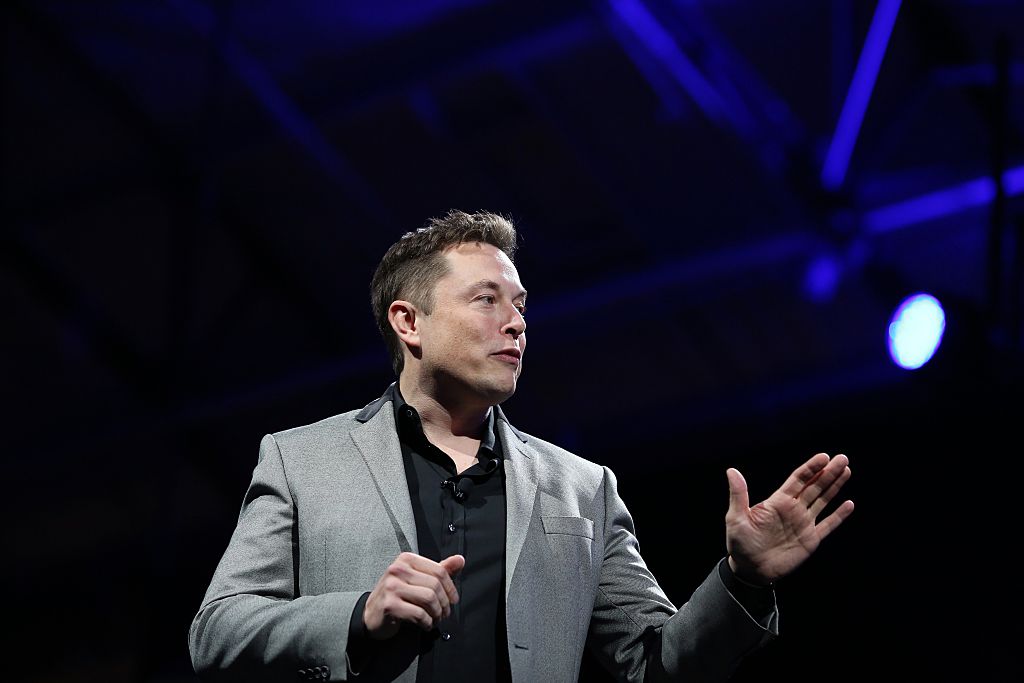By Kevin Loria
- SpaceX and Tesla CEO Elon Musk is famously productive.
- Musk recently told Tesla employees they’d be moving to an ambitious 24/7 schedule to get Model 3 production on track.
- In a letter announcing the changes, Musk offered employees a list of his own productivity tips.
Elon Musk gets a lot done.
The 46-year-old entrepreneur and CEO is revolutionizing the spaceflight industry with SpaceX, transforming the world of the electric car at Tesla, and pushing neuroscience and transportation forward at Neuralink and the Boring Company.
As SpaceX COO Gwynne Shotwell said at the 2018 TED Conference, Musk’s goals are a lot to keep up with.
“When Elon says something, you have to pause and not blurt out ‘Well, that’s impossible,'” she said. “You zip it, you think about it, and you find ways to get it done.”
Recently, Musk reportedly announced to Tesla employees that he wants to adopt a 24/7 shift schedule to get production for Tesla’s Model 3 electric car on track. In an email obtained by Jalopnik, Musk explained a number of changes in the works for Tesla.
He’s asking for quite a lot, so at the end of that email, he offered employees a list of his own productivity recommendations. From those tips, it’s clear that Musk is clearly not a fan of meetings, bureaucracy, hierarchy, or any system that impedes immediate communication. He prefers people apply common sense to the task at hand.
He also told employees that if they had any ideas for making work at Tesla better and more efficient, they should let him know.
Here are the seven productivity tips Musk offered in the letter, in his own words.
Large-format meetings waste people’s time.
“Excessive meetings are the blight of big companies and almost always get worse over time. Please get [rid] of all large meetings, unless you’re certain they are providing value to the whole audience, in which case keep them very short.”
Meetings should be infrequent unless a matter is urgent.
“Also get rid of frequent meetings, unless you are dealing with an extremely urgent matter. Meeting frequency should drop rapidly once the urgent matter is resolved.”
If you don’t need to be in a meeting, leave.
“Walk out of a meeting or drop off a call as soon as it is obvious you aren’t adding value. It is not rude to leave, it is rude to make someone stay and waste their time.”
Avoid confusing jargon.
“Don’t use acronyms or nonsense words for objects, software, or processes at Tesla. In general, anything that requires an explanation inhibits communication. We don’t want people to have to memorize a glossary just to function at Tesla.”
Don’t let hierarchical structures make things less efficient.
“Communication should travel via the shortest path necessary to get the job done, not through the ‘chain of command’. Any manager who attempts to enforce chain of command communication will soon find themselves working elsewhere.”
If you need to get in touch with someone, do so directly.
“A major source of issues is poor communication between depts. The way to solve this is allow free flow of information between all levels. If, in order to get something done between depts, an individual contributor has to talk to their manager, who talks to a director, who talks to a VP, who talks to another VP, who talks to a director, who talks to a manager, who talks to someone doing the actual work, then super dumb things will happen. It must be ok for people to talk directly and just make the right thing happen.”
Don’t waste time following silly rules.
“In general, always pick common sense as your guide. If following a ‘company rule’ is obviously ridiculous in a particular situation, such that it would make for a great Dilbert cartoon, then the rule should change.”
Originally published at www.businessinsider.com
More from Business Insider:


